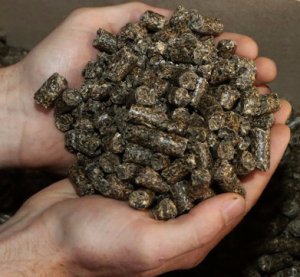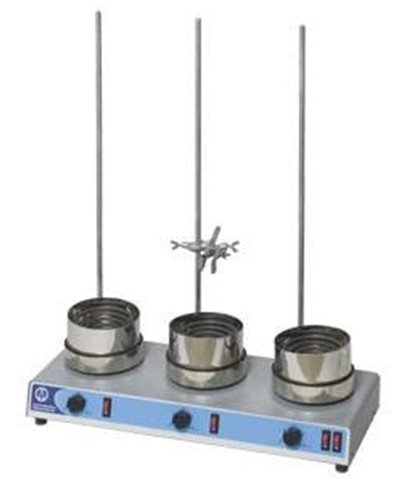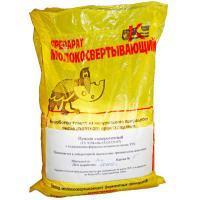Kazakhstan predicted a shortage of chicken eggs
In Kazakhstan, poultry farms are facing a massive crisis. They are slaughtering laying hens, laying off workers and reducing egg production. They cannot do otherwise in the conditions of the termination of subsidies, control over prices for eggs by the state.
One of the Karaganda poultry farms is already slaughtering livestock, although it planned to do it a little later - in mid-March in accordance with the technological map. The slaughter began at the end of January. It is forced, because now it produces eggs and sells them at a price below cost. Since the beginning of the year, the company has been operating at a loss. Since an overproduction of eggs has arisen in the country, they do not want to give subsidies to poultry farmers. Therefore, they themselves are forced to reduce production volumes and jobs.
At the beginning of 2022, the Karaganda poultry farm had 600 thousand laying hens and two hundred and forty-eight jobs. Government subsidies were used to cover the cost of poultry feed, which is now expensive. In addition, they make up 70% of the cost of eggs. Since outside support has ended and feed prices continue to rise, it is not profitable to produce eggs. Under such conditions, only those poultry farms that are part of large holdings will be able to maintain business.
A similar situation is observed at the Kostanay poultry farm, designed for 1.4 million bird places. Now the total livestock on it is only 900 thousand laying hens. The number of jobs in production workshops is 242. It was once built to replace imported products on the domestic market and sell eggs for EXPORT to other countries. With a design capacity of 250 million eggs per year, it produced up to 270 million eggs. There are personnel who are responsible for the implementation, delivery to stores, stalls, etc. This is another plus one hundred and twenty jobs.
Success in poultry farming was achieved due to competent state support. The authorities, represented by the Ministry of Agriculture, helped develop the industry, achieve almost 100% import substitution, create new places for work for Kazakhstanis, and form an industry that can develop in exports. Everything that is happening now crosses out what has been done and what has been achieved.
When considering the issue of increasing the price of eggs, no one takes into account that the price is largely influenced by the cost of feed (soy/sunflower meal, corn, wheat, etc.). No one controls those who produce them. Farmers earn on their products by selling raw materials for feed at a bargain price, but poultry farmers do not. Since 2019, poultry feed prices have risen by 100-200% depending on the species. Meanwhile, egg prices are kept critically low.
In connection with the above, the poultry farmers are asking to change the social basket, it included not eggs of category C-1, but eggs of category C-2, which weigh only five grams less and are obtained from young birds. For the second, they are ready to fix prices, turning them into a product for socially vulnerable sections of society.
The poultry farms want their subsidies back. The amount of subsidies was 3 tenge or 7% at an egg cost of three hundred and sixty tenge. Farmers, on the other hand, received much more "free" money - 20-45%.
To date, Kazakhstan produces 3.5 billion eggs per year out of 3.6 billion eggs required to supply the domestic market. Poultry farms cannot export the lion's share of what they produce. They are charged with the duty to provide for the people of the country. Export is another matter, the second. If subsidies are being removed, why do they want to continue to control the price of eggs?
So far, poultry farms hope that the issue of subsidies will be resolved positively. If this does not happen, then they will have to slaughter livestock. Feed is expensive, some even in short supply. Therefore, they will reach the volume of production that is optimal for them. Since everyone is different, overall production can be significantly reduced, and besides, in the shortest possible time.



























































